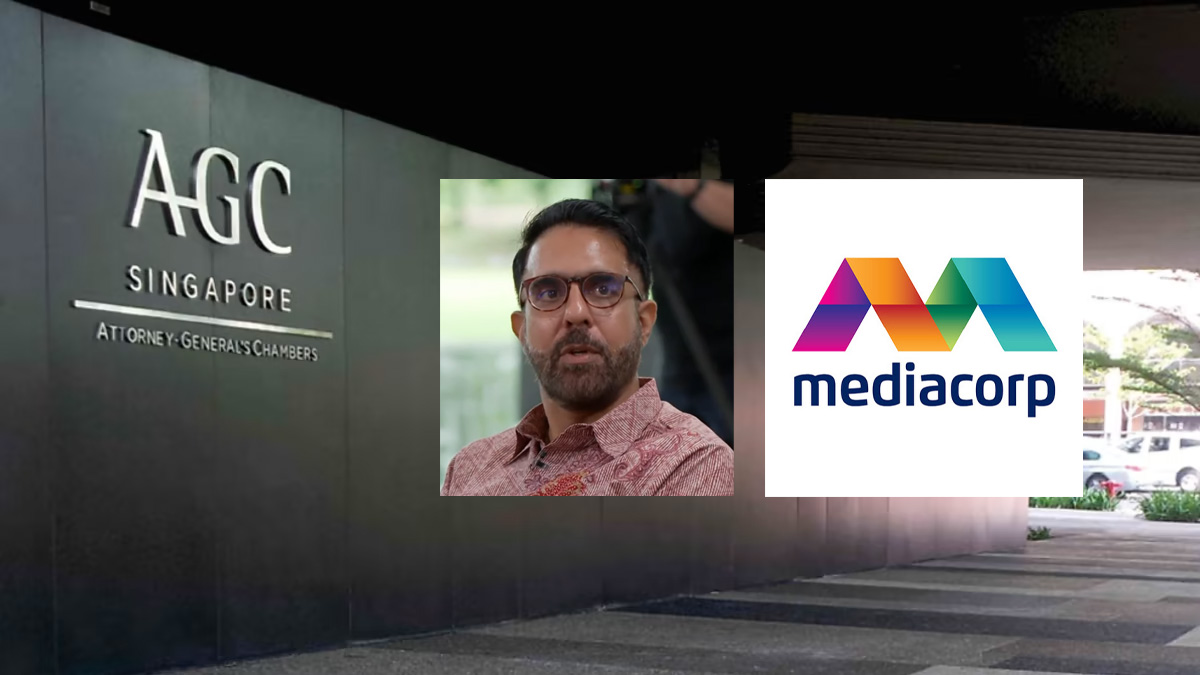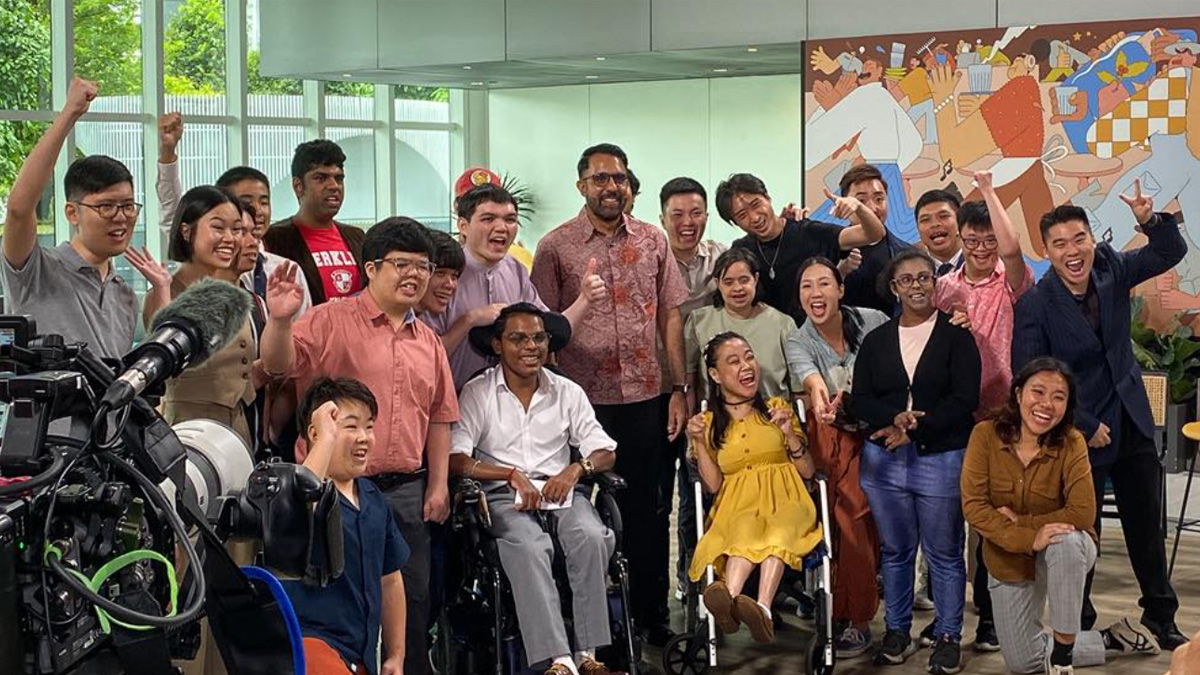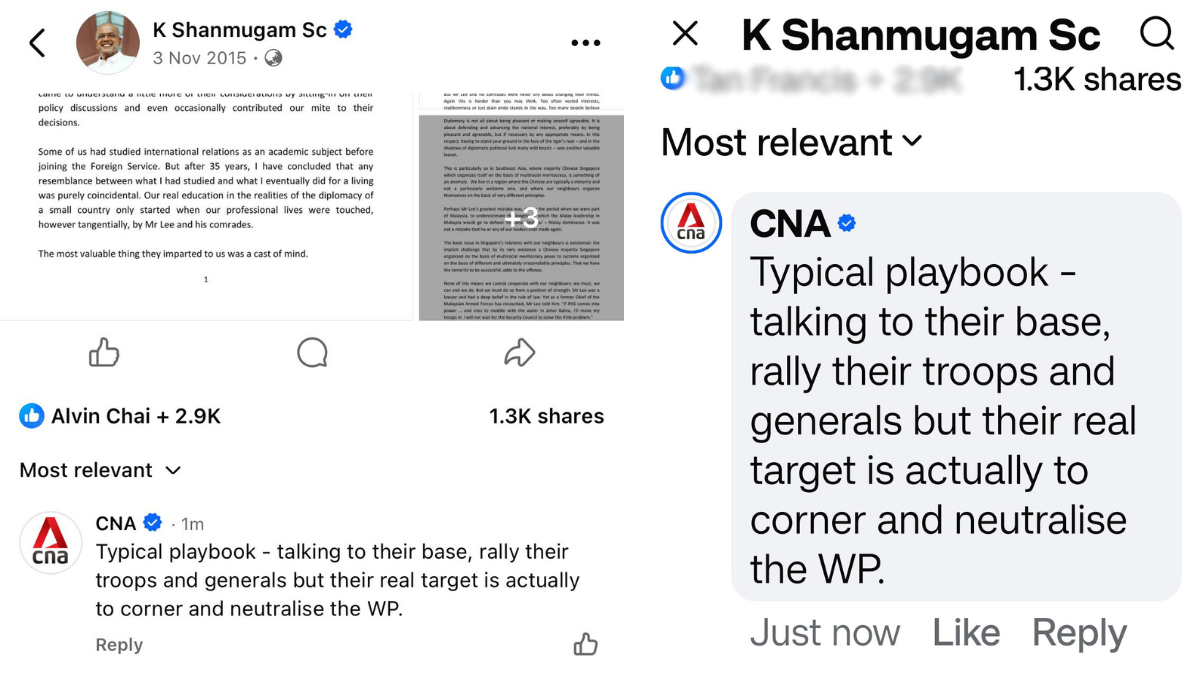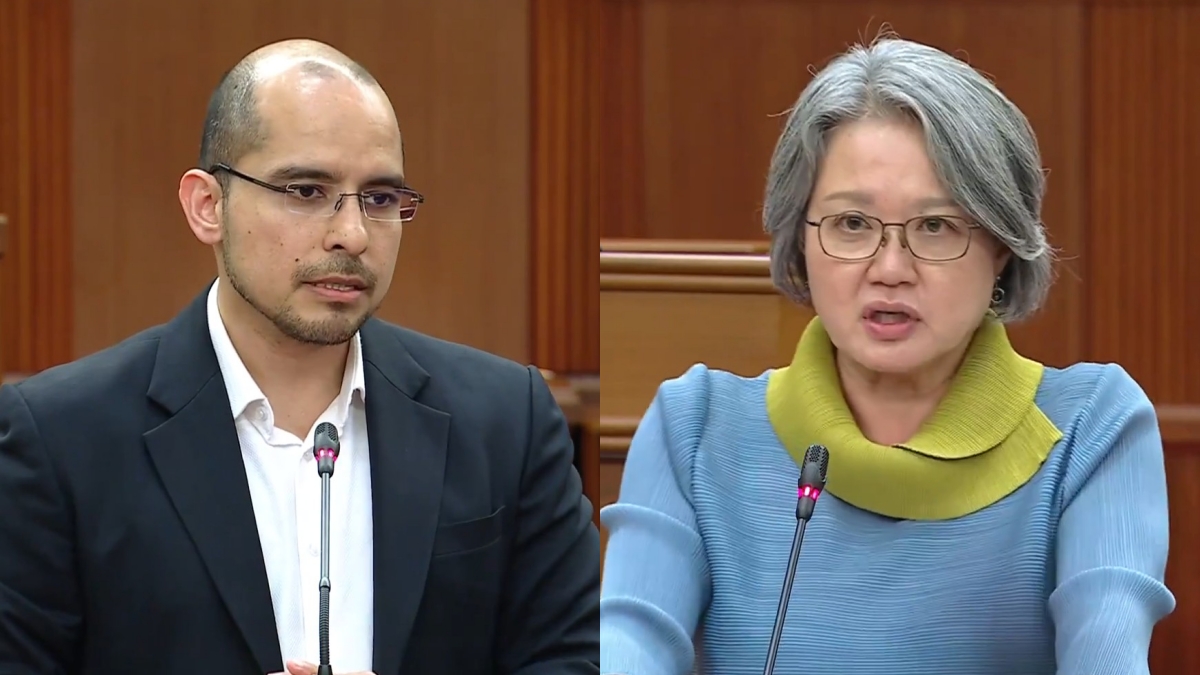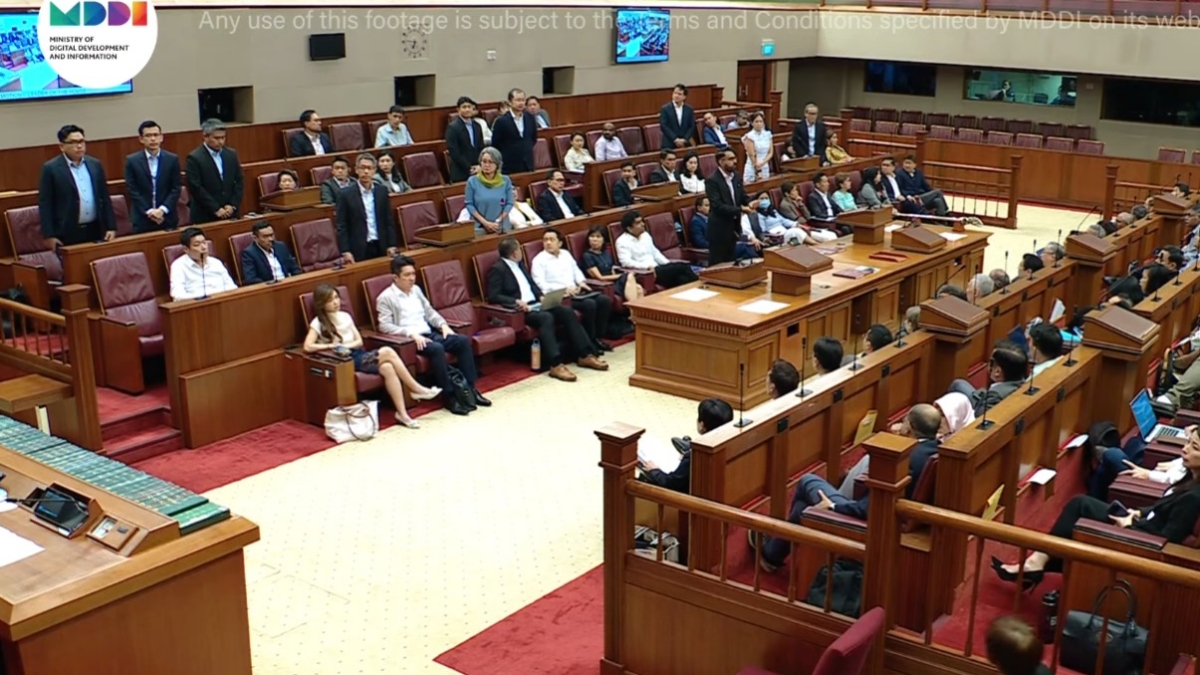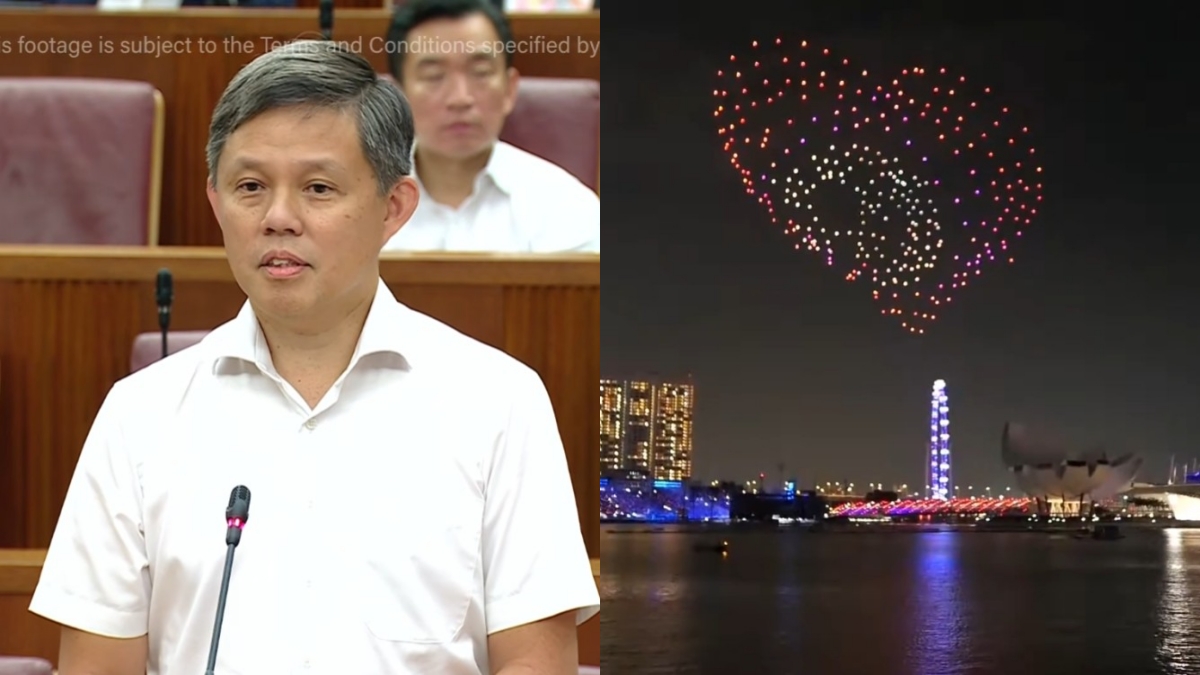Government committed S$380 million annually to Mediacorp over past five years
Over the past five financial years, the Singapore government allocated about S$380 million annually to support Mediacorp’s public service broadcasting efforts across four languages, with aims to broaden local content’s reach through international streaming collaborations.

- The Singapore government has allocated about S$380 million (US$293 million) annually over the last five years to support Mediacorp’s public service broadcasting.
- Minister Josephine Teo highlighted audience satisfaction rates above 75% and over 90% reach across multiple platforms.
- Authorities aim to strengthen local content visibility through global partnerships and an International Co-Production Fund launched in 2023.
The Singapore government has allocated approximately S$380 million per year over the last five financial years to support Mediacorp in delivering public service broadcasting across the nation’s four official languages.
This figure was shared by Minister for Digital Development and Information Josephine Teo during a parliamentary sitting on 15 October, 2025, in response to questions raised by Member of Parliament Foo Cexiang.
Mediacorp, which is wholly owned by Temasek, currently reaches over 90 per cent of Singapore’s population via its various owned and operated platforms, such as CNA, as well as through social media channels.
According to Minister Teo, more than 75 per cent of the broadcaster’s audience reports satisfaction with its services.
She noted that this level of annual funding is significantly lower than that allocated to national broadcasters in countries with comparable population sizes, such as Finland and Denmark. Those nations each receive about S$750 million per year for similar purposes.
In his query, MP Foo asked the ministry to disclose the government’s annual funding amounts for public service broadcasting and sought clarity on whether funds were channelled to specific programmes.
He also questioned whether funding levels should be recalibrated to improve the popularity of locally produced content.
Minister Teo clarified that government funding is not allocated to specific programmes but rather to the overall operations of public service media.
This approach is intended to give broadcasters the flexibility to adapt and innovate amid a rapidly evolving media landscape.
She also explained that the Ministry of Digital Development and Information (MDDI) has expanded its audience measurement strategy, moving beyond traditional TV ratings to a more comprehensive assessment of digital reach.
This shift reflects changing audience consumption patterns, including a decline in traditional television viewership and a surge in digital engagement.
For example, while Mediacorp’s television reach has declined by roughly 10 per cent over the past decade, unique video viewers on its streaming platform meWATCH have increased by about 80 per cent.
Despite these shifts, public satisfaction levels have remained consistently high.
MP Foo cited the growing popularity of local productions, highlighting Mediacorp’s “Emerald Hill – The Little Nyonya Story”, which recently surpassed popular Korean dramas in domestic viewership.
He also noted the series’ upcoming release on Chinese streaming platform Tencent and praised recent accolades won by local actors at the Golden Horse Awards in Taipei.
These achievements, he argued, signal a positive outlook for the local media industry and warrant further government backing.
In response, Minister Teo acknowledged the benefits of international exposure and affirmed that platforms such as Netflix can enhance the global reach of Singaporean productions.
She pointed to the International Co-Production Fund launched in 2023 by the Infocomm Media Development Authority (IMDA) as a key enabler.
The fund provides support for local producers to work collaboratively with international counterparts, including writers, directors, and production teams.
The intent is to tap into global talent pools while ensuring that stories remain rooted in Singaporean themes.
This initiative has already supported several projects, and the government is currently assessing its long-term viability and potential for expansion.
Minister Teo reaffirmed the government’s commitment to ensuring that public service media continues to deliver trusted, high-quality content.
She concluded that adequate and effective funding will remain central to helping public broadcasters fulfil their national mission to inform, educate, and connect Singaporeans.


